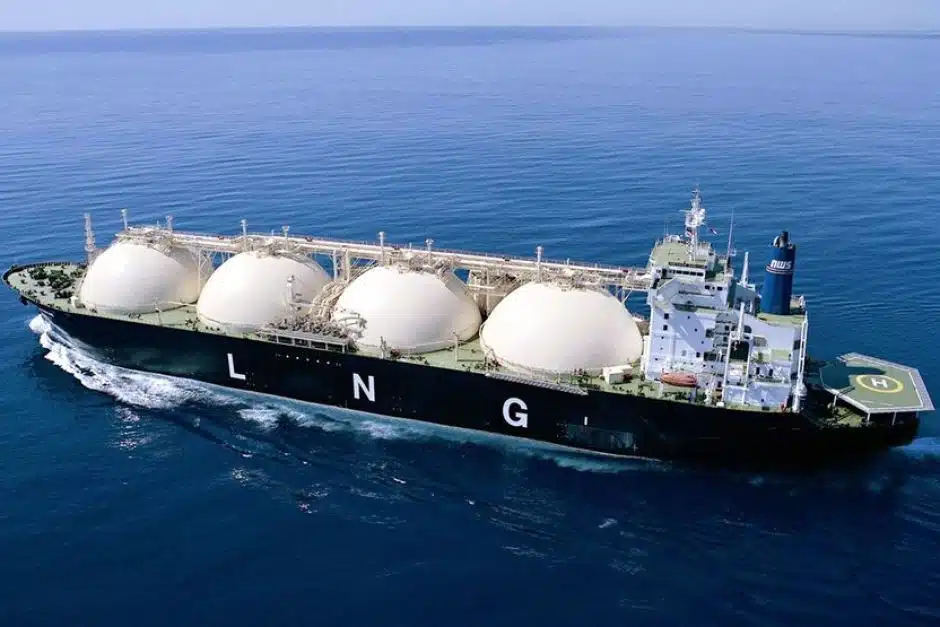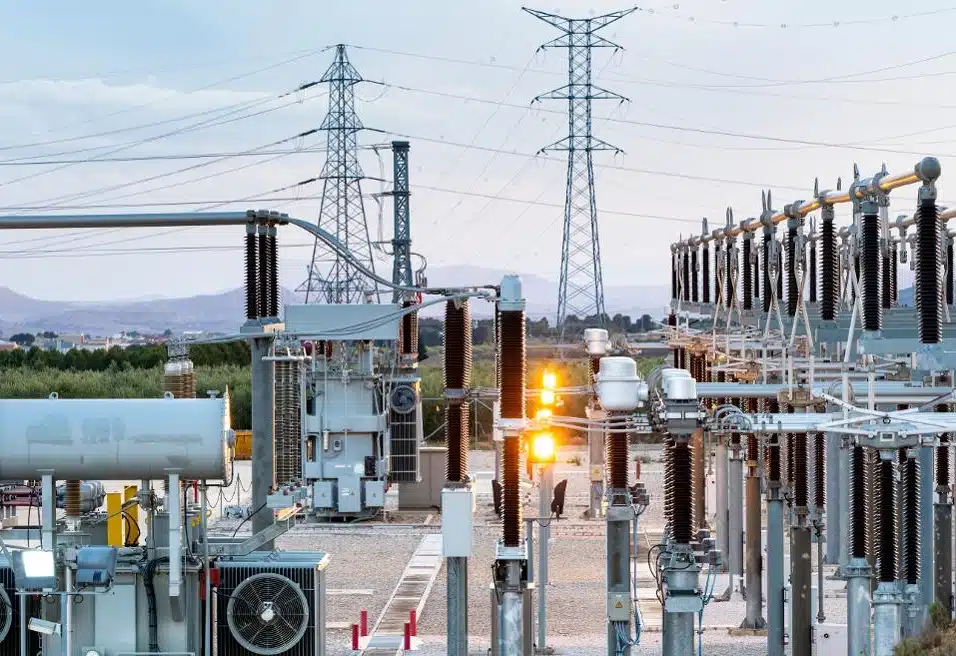Egypt’s gas shortage ordeal has just assumed a new proportion following Israel’s decision to shut down the massive Leviathan offshore gas field, a key source of natural gas for the region.
The move, announced late Thursday by Israel’s Energy Ministry and confirmed Friday by Chevron, the field’s operator, indicates the growing impact of Middle East tensions on regional energy flows.
According to Israeli authorities, the shutdown is part of a broader security protocol to protect strategic infrastructure amid intensifying threats from Iran and its regional proxies.
The Leviathan field—located about 30km west of Haifa in the Levant Basin—is one of the largest in the eastern Mediterranean.
It holds an estimated 22.9 Tcf of recoverable gas and a production capacity of 1.2 billion cubic feet per day (bcf/d)
Since early 2024, Leviathan had been exporting up to 981 million cubic feet per day to Egypt.
That is an 18% year-over-year increase, making it a critical lifeline for Cairo as domestic gas output declined sharply.
Egypt, which recorded the largest drop in LNG exports in 2024, had leaned increasingly on Leviathan to fill the supply gap.
However, the recent Israeli airstrikes on Iranian gas infrastructure have set the Leviathan facility up as a high-risk target, prompting the precautionary shutdown.
Impact on Egypt’s domestic supply and LNG sector
Egypt imports Israeli gas to support rising domestic consumption and to feed its Idku and Damietta LNG export terminals.
With the country’s gas production at an eight-year low, the sudden disruption is likely to have immediate and far-reaching consequences.
According to industry analysts, the Leviathan shutdown could severely limit Egypt’s ability to meet both local energy needs and contractual LNG export commitments, especially during the high-demand summer months.
While Chevron’s Tamar field remains operational for now, sources close to the pipeline network told Bloomberg that gas flows to Egypt are already being affected.
European gas markets also reacted sharply, with prices spiking 6.6% on Friday in response to the news.
Just months ago, Leviathan’s operators had announced plans to expand production with an eye on exports to Europe.
Contingency measures that could be deployed
Although Egypt’s Ministry of Petroleum has not yet issued an official statement, internal sources indicate that contingency plans are being activated.
These include:
- Tapping emergency reserves
- Reallocating domestic gas to priority sectors
- Exploring emergency LNG imports
Regarding the last option, analysts caution that the global LNG market is currently tight and new deals may prove challenging.
The ripple effects are already being felt.
On Friday, several fertilizer plants in Egypt reportedly unveiled plans to halt operations due to a sharp reduction in gas supplies from Israel.
Adding to the pressure, Energean Plc also announced the suspension of output at its Karish gas field, further diminishing regional supply.
The impact of the Leviathan shutdown is not limited to Egypt.
Jordan, which also relies on Israeli gas under long-term contracts, faces potential disruptions as regional pipeline flows come under threat.
Energy experts warn that if the conflict escalates further, longer-term shutdowns of Eastern Mediterranean gas infrastructure could cause sustained price volatility and undermine energy cooperation across the region.










